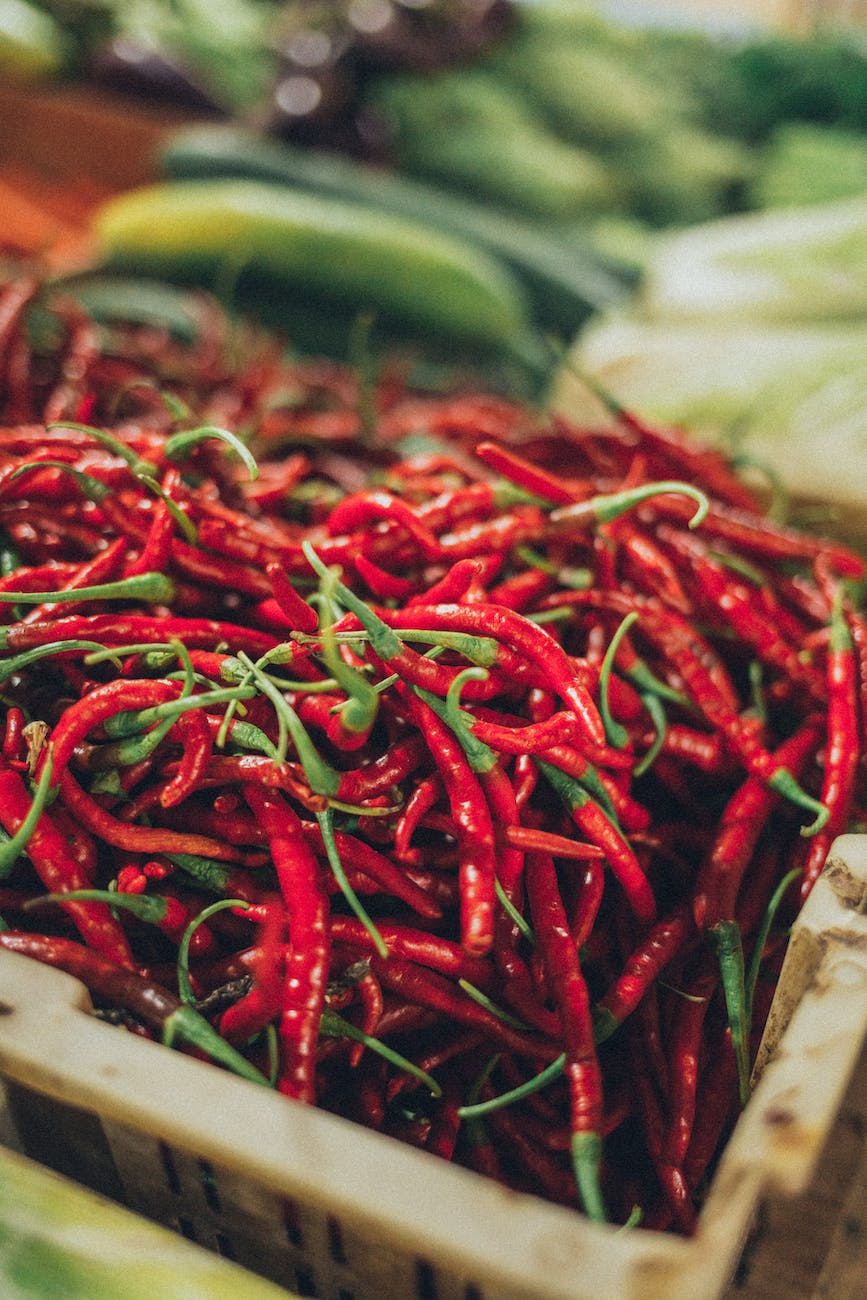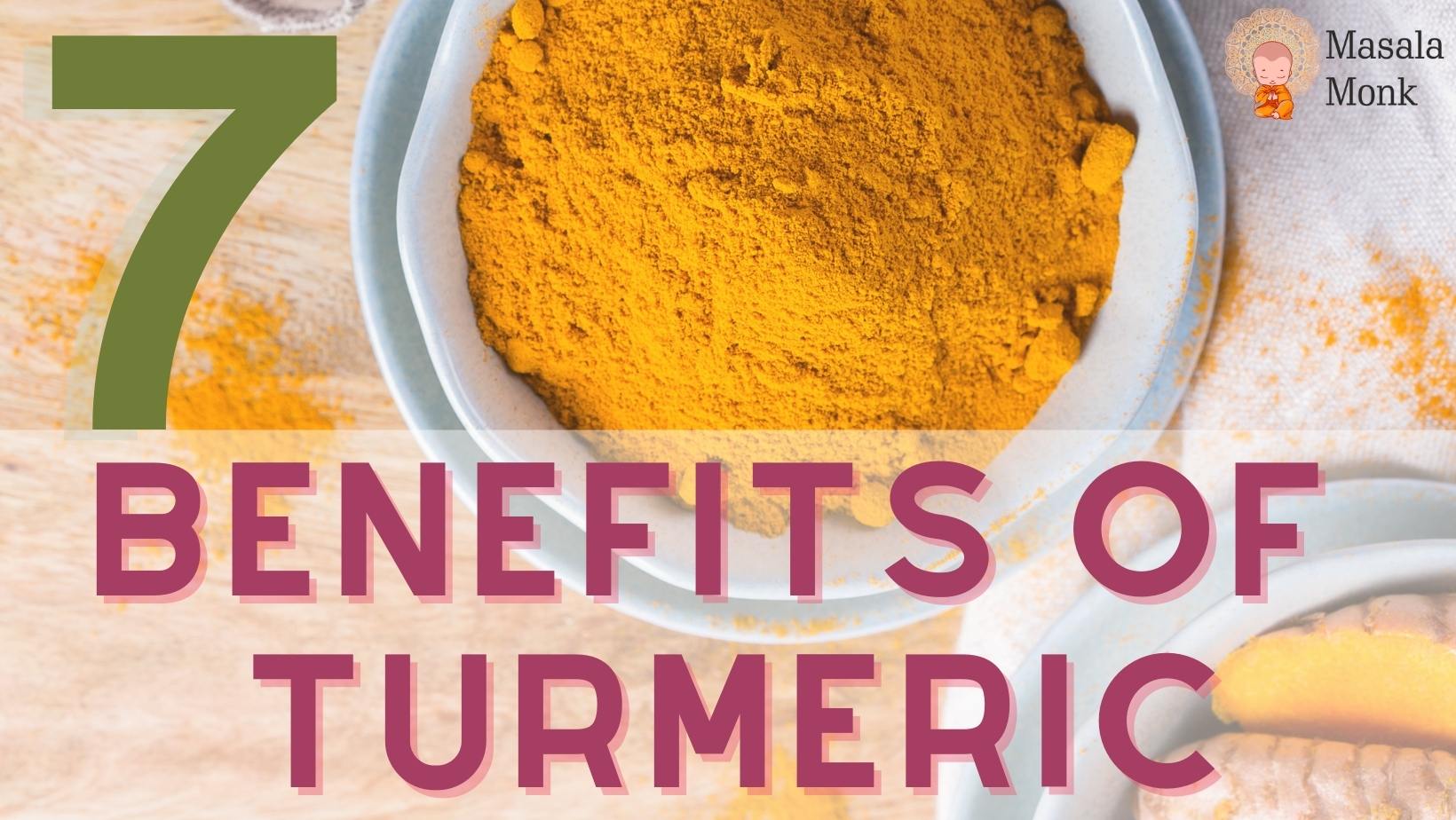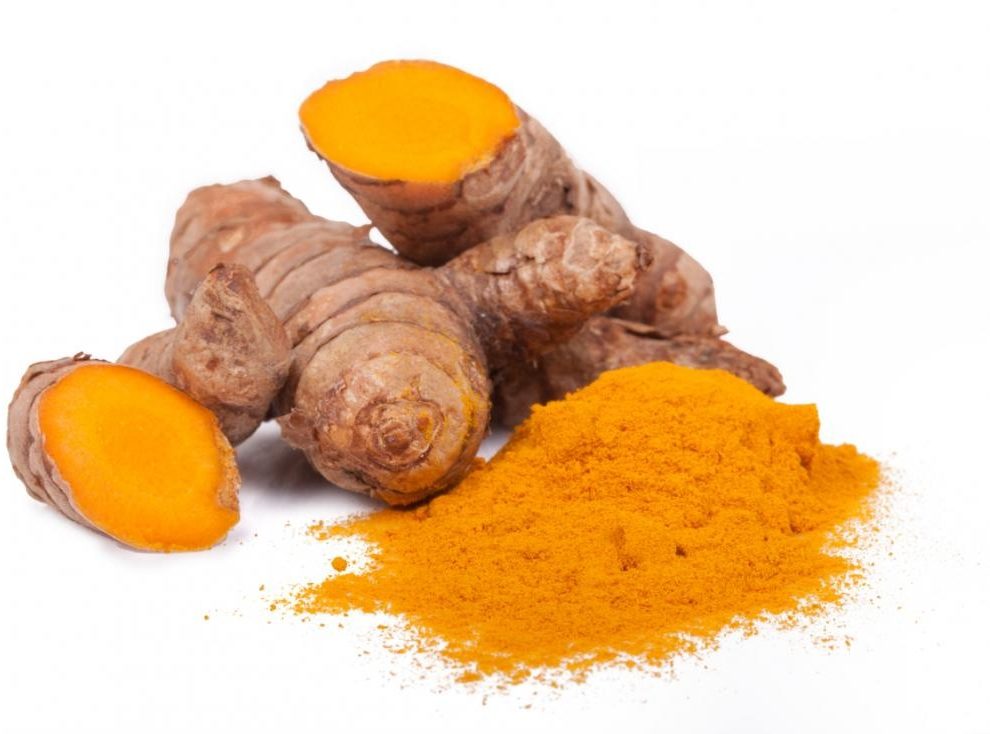
How to Make Turmeric Water for Weight Loss
Welcome to the vibrant world of turmeric water, a simple yet potent drink that’s been making waves in the health and wellness community for its potential to aid in weight loss and overall well-being. At the heart of this golden elixir is turmeric, a spice revered for centuries in various cultures for its medicinal properties. In this post, we’ll dive deep into the art of making turmeric water, unravel its connection to weight loss, and explore the myriad of health benefits it offers.
[ez-toc]
Section 1: What is Turmeric Water?
Turmeric water is a concoction as simple as its name suggests – water infused with turmeric. But don’t let its simplicity fool you; this drink packs a punch. Originating from the ancient traditions of Ayurveda, turmeric water has transcended its cultural roots to become a global phenomenon.
Turmeric, the main ingredient, is a bright yellow spice known for its strong flavor and a plethora of health benefits. It’s a staple in South Asian cuisine and has been used in Ayurvedic medicine for thousands of years. The secret to its power lies in curcumin, the compound that gives turmeric its vibrant color and potent health properties.
Section 2: The Science Behind Turmeric and Weight Loss
Curcumin, the star component of turmeric, is not just a pretty face. It’s a bioactive compound with strong anti-inflammatory and antioxidant properties. But how does this relate to weight loss? Inflammation is often linked to obesity and metabolic diseases. By reducing inflammation, turmeric can play a role in weight management and overall health improvement.
Several studies have shown that curcumin can influence weight loss by regulating lipid metabolism, suppressing fat tissue growth, and reducing inflammation. However, it’s important to note that while promising, research is ongoing, and turmeric water should be seen as a supplement to a balanced diet and regular exercise, not a standalone solution.
Section 3: Benefits of Turmeric Water Beyond Weight Loss
The benefits of turmeric water extend far beyond weight loss. It’s a drink that truly caters to a holistic approach to health:
- Anti-inflammatory Powerhouse: Chronic inflammation is a root cause of many health issues. Turmeric’s anti-inflammatory properties can help combat this, providing relief from conditions like arthritis and potentially reducing the risk of heart disease.
- Antioxidant Rich: Curcumin is also a powerful antioxidant. Antioxidants neutralize harmful free radicals in the body, which can damage cells and lead to chronic diseases.
- Digestive Aid: Turmeric stimulates the gallbladder to produce bile, which can improve digestion and reduce bloating and gas.
- Brain Health: There’s growing evidence that curcumin can cross the blood-brain barrier and may help in improving neurodegenerative conditions like Alzheimer’s disease by reducing brain inflammation and plaque buildup.
Section 4: How to Make Turmeric Water – Step-by-Step Guide
Making turmeric water is easy and requires only a few simple ingredients. Here’s how you can prepare this healthful drink at home:
Ingredients:
- 4 cups of water
- 1-2 teaspoons of turmeric powder
- 1/4 teaspoon of black pepper (to enhance curcumin absorption)
- Optional: Honey or lemon for taste
Instructions:
- Boil the Water: Start by bringing the water to a boil in a pot.
- Add Turmeric and Black Pepper: Once boiling, reduce the heat and add the turmeric powder and black pepper. Stir well to ensure the spices are fully dissolved.
- Simmer: Allow the mixture to simmer for about 10-15 minutes. This process will infuse the water with turmeric and allow the curcumin to become more bioavailable.
- Strain and Serve: After simmering, remove the pot from the heat. Strain the turmeric water through a fine mesh strainer to remove any particles. Serve the turmeric water warm, or let it cool and store it in the refrigerator for a cold beverage. Add honey or lemon as per your taste preference.
Section 5: Customizing Your Turmeric Water
Turmeric water can be personalized to fit your taste and health needs. Here are some variations:
- Ginger Turmeric Water: Add a slice of fresh ginger for an extra zing and digestive benefits.
- Cinnamon Turmeric Water: Stir in a stick of cinnamon for added flavor and potential blood sugar regulation benefits.
- Turmeric Tea: Replace water with green or herbal tea for an extra antioxidant boost.
Section 6: Best Practices for Consumption
Drinking turmeric water effectively is as important as making it correctly. Here are some best practices to enhance its benefits:
- Timing Matters: The best time to drink turmeric water is in the morning on an empty stomach. This practice kick-starts your metabolism and aids in digestion throughout the day. However, if it doesn’t suit your stomach, try drinking it after meals.
- Consistency is Key: For best results, make turmeric water a regular part of your daily routine. Consistent consumption maximizes the cumulative health benefits.
- Mind the Dosage: Start with a lower quantity of turmeric (about 1/2 teaspoon) and gradually increase it to suit your palate and digestive tolerance.
Section 7: Potential Side Effects and Precautions
While turmeric water is generally safe for most people, there are a few potential side effects and precautions to be aware of:
- Staining: Turmeric can stain teeth and clothes. Drink it with a straw or rinse your mouth afterward to avoid teeth discoloration.
- Medication Interactions: Turmeric may interfere with certain medications, including blood thinners and diabetes medications. Consult your doctor if you’re on any prescription drugs.
- Digestive Discomfort: In some cases, turmeric can cause digestive issues like acid reflux or an upset stomach, especially when consumed on an empty stomach.
- Pregnancy and Breastfeeding: If you’re pregnant or breastfeeding, consult your healthcare provider before adding turmeric water to your diet.
Section 8: Conclusion
Turmeric water, with its delightful blend of flavor and health benefits, is more than just a weight loss drink. It’s a testament to the power of nature in supporting our well-being. By incorporating this simple yet powerful beverage into your daily routine, you’re not just working towards weight loss but also nurturing your body with a host of other health benefits.
Remember, while turmeric water is a wonderful supplement, it should accompany a balanced diet, adequate hydration, and regular exercise for optimal health and weight loss results.
FAQs
Q: Can turmeric water be consumed cold?
A: Absolutely! You can enjoy turmeric water either warm or cold, depending on your preference.
Q: How long can I store turmeric water?
A: You can store it in the refrigerator for up to 3-4 days. Ensure it’s in a sealed container to maintain freshness.
Q: Is there anyone who should avoid turmeric water?
A: Individuals with gallbladder problems, those on blood-thinning medications, or those who have a turmeric allergy should avoid turmeric water. When in doubt, consult a healthcare professional.
Q: Can I drink turmeric water before bed?
A: Yes, drinking turmeric water before bed can be beneficial. It may aid in digestion and provide anti-inflammatory benefits during sleep.
We hope this comprehensive guide helps you harness the benefits of turmeric water for weight loss and overall health. Cheers to your health journey!












